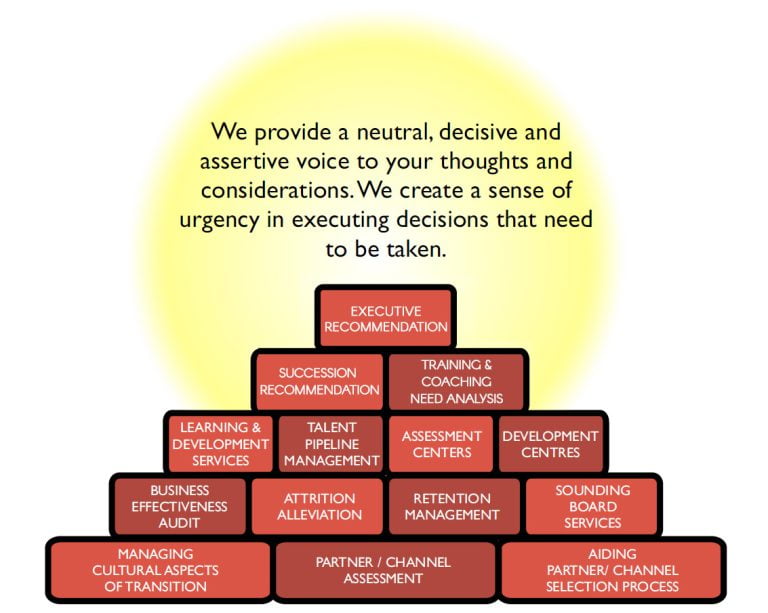OD projects are a mix of training, coaching, one-on-one sessions, inspirational meet-ups, project works, etc. The goal is to create an urgency, focused on change. When starting an OD project, business leaders anticipate the challenges and opportunities and then use them to build roadmaps. OD projects help train people and turn goals into achievable milestones. For example, when preparing for a cricket world, the team needs a lot of interventions – to set a regime, build strength
and mindset, and bring on their A-game. To make the team winning-ready there has to be efforts borne by both the coach and the team. The case is similar for businesses. OD is focused on building future readiness systematically, which helps methodically build action points to avoid missing a timeline for achieving a goal.










